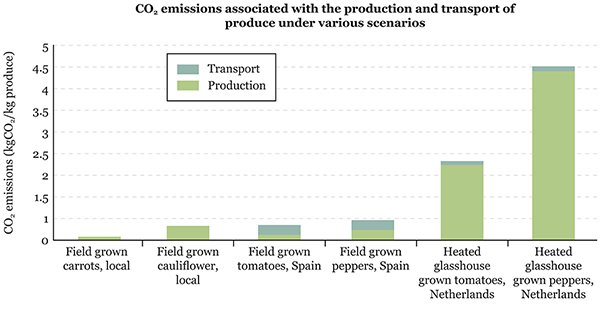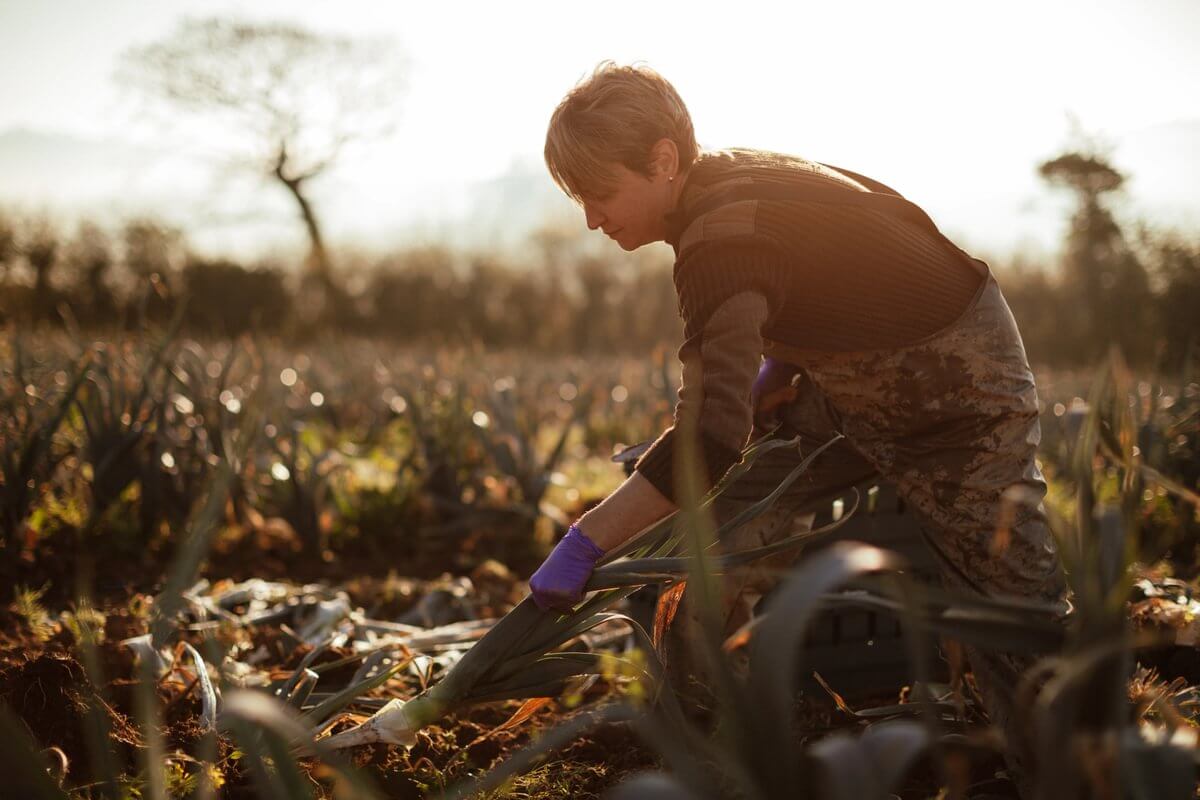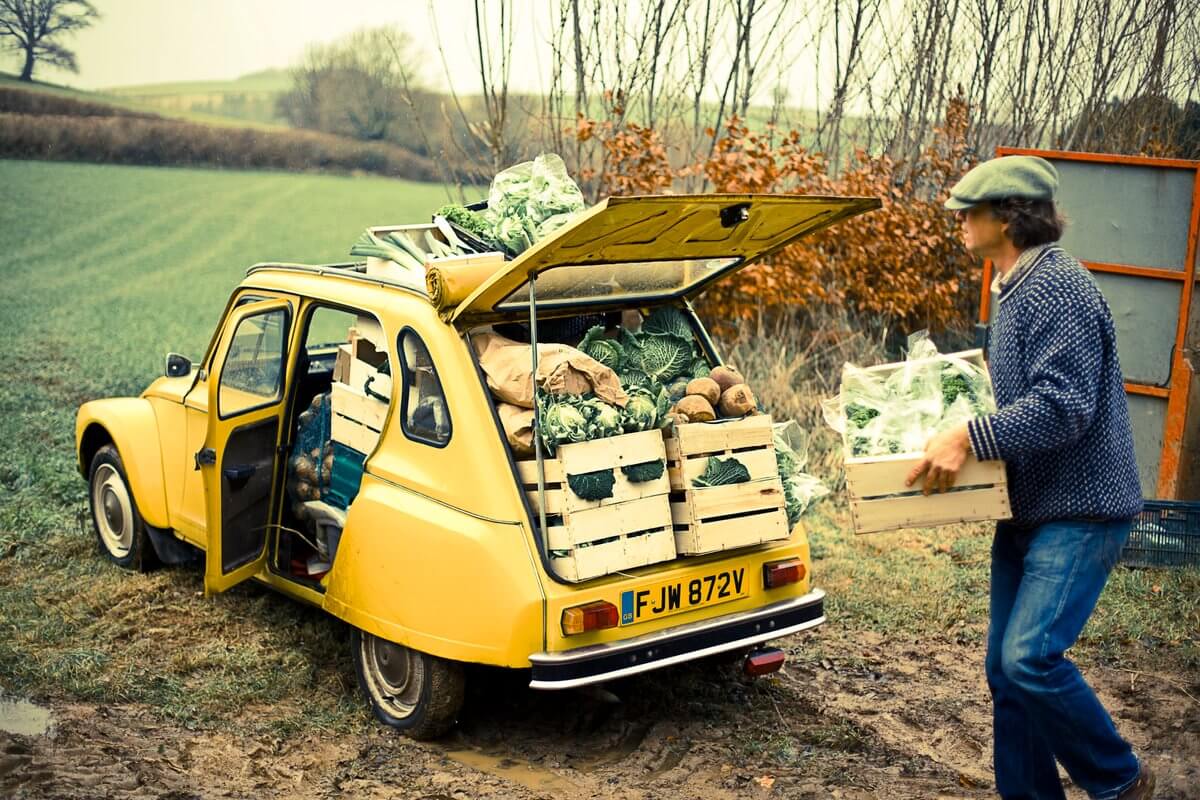Last week we picked our first tomatoes of the year; all being well, each of the 15,000 plants will produce 3kg of fruit between now and September. These tomatoes are actually later than we planned; with so much sunshine recently it’s easy to forget that it was quite a cold spring. The only way to harvest any earlier would be by heating our polytunnels through burning fossil fuels on a huge scale. However much we’d like to support year-round local tomato growing, our environmental study with Exeter University suggests that in terms of carbon footprint, it’s many times better to truck (not fly) out of season peppers or tomatoes in from Spain where they do not require heat, than grow them here under heat, as the data below suggests. This was always my instinct and since completing the research, it remains our policy. It makes marketing tricky as simple messages are the most effective; but in reality, buying British tomatoes year-round is not as green as it sounds.

To aid tomato pollination, we introduce bee hives into our polytunnels every summer. Last week, when the tunnel team started work at 5am they found the hives moved around, upturned and eventually destroyed. Paranoid theories about vandals proliferated until we realised that, as with our occasionally trashed sweetcorn and pumpkins, the omnivorous badger is to blame. It astounds me that they can eat live bees without ill effect but a quick internet search shows that it is not uncommon. We have now suspended our hives from the roof and set up a motion activated camera; keep an eye on our Facebook page for a video of the culprits.













0 Comments